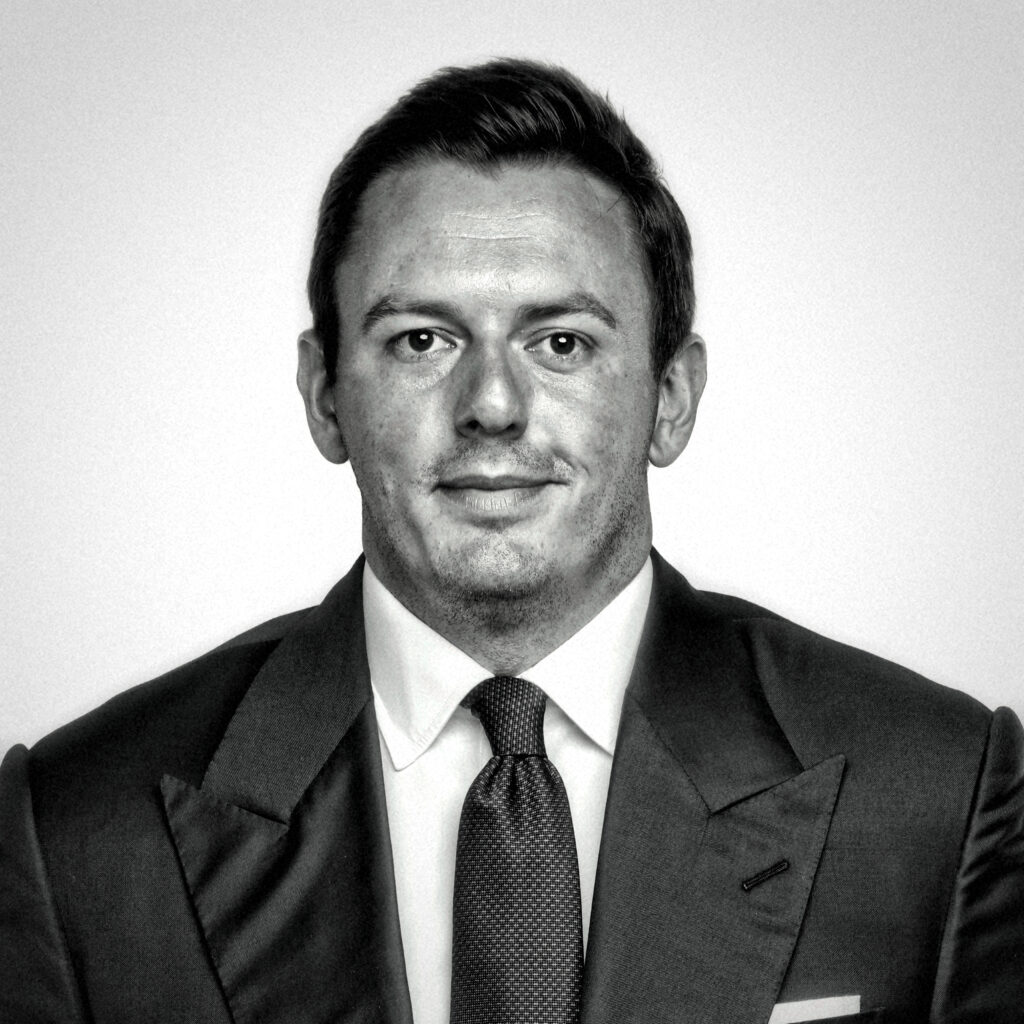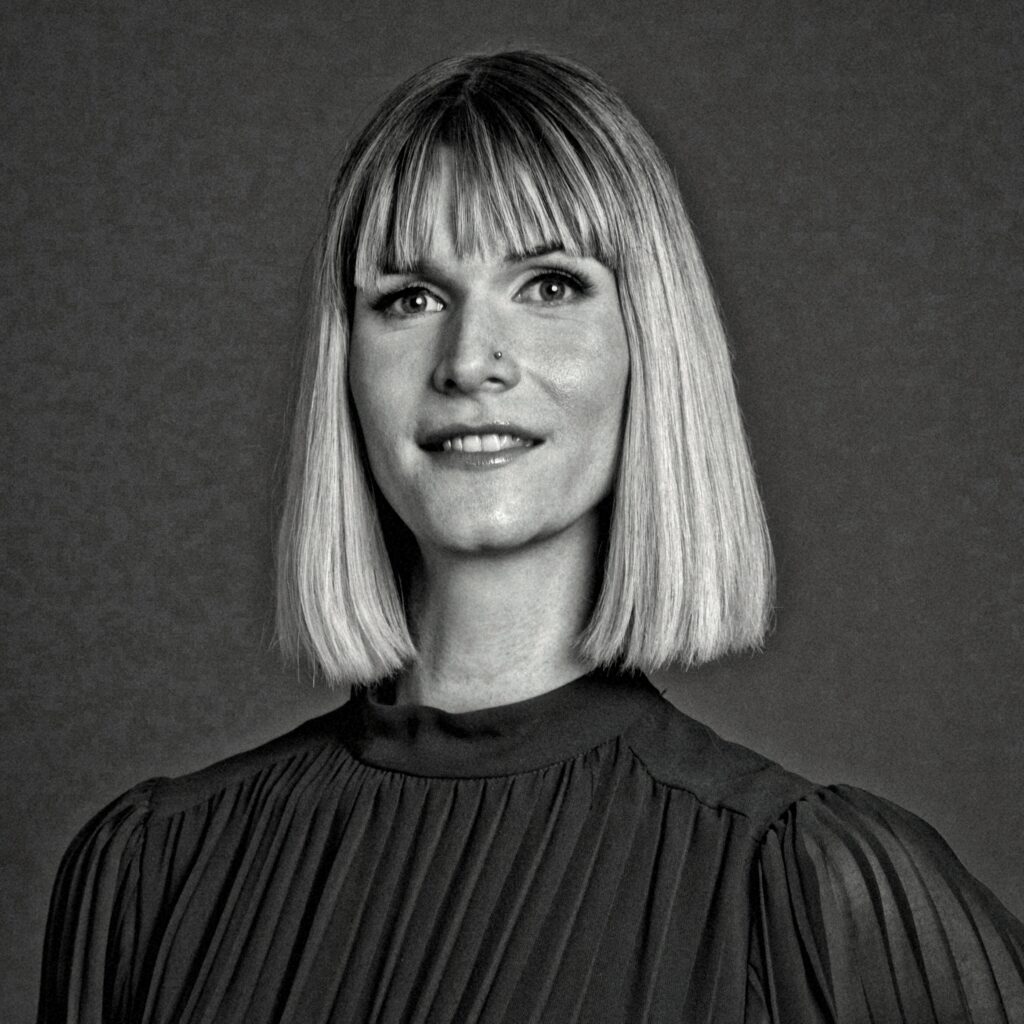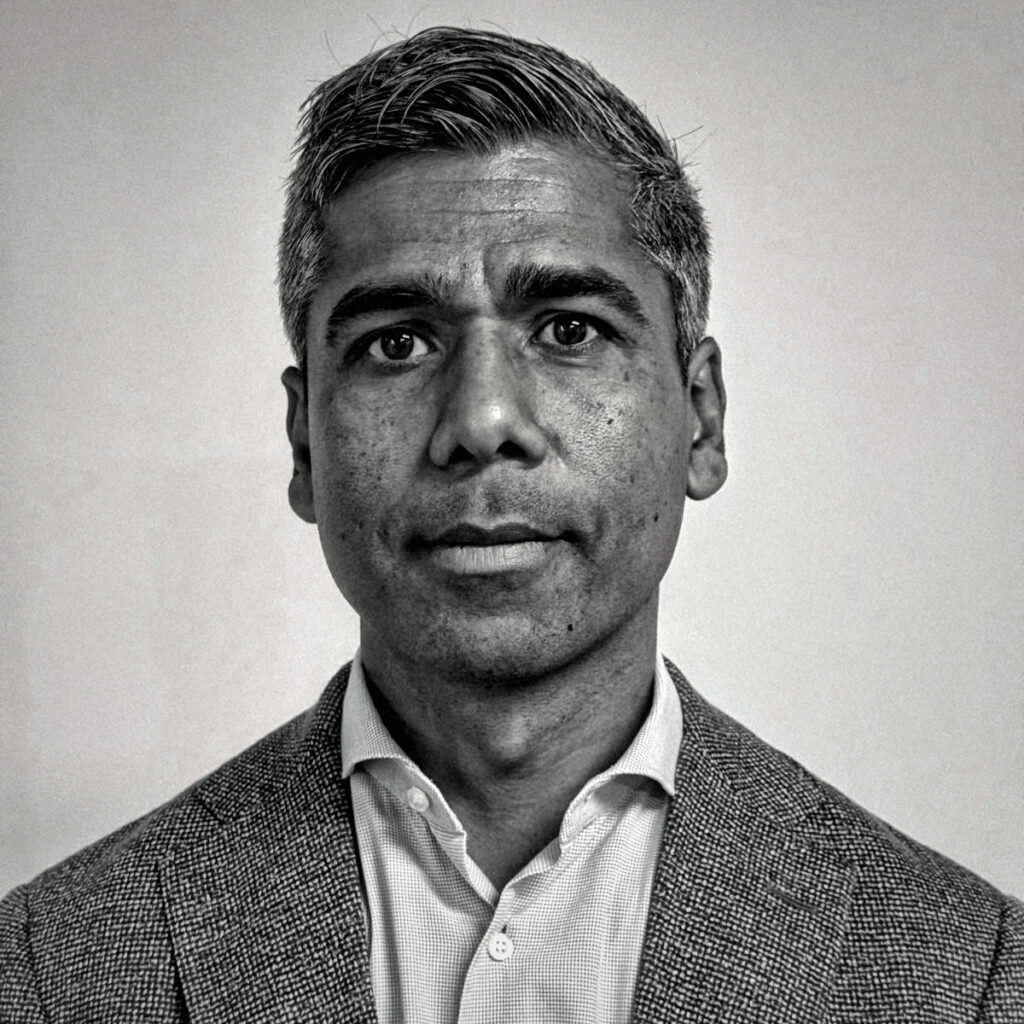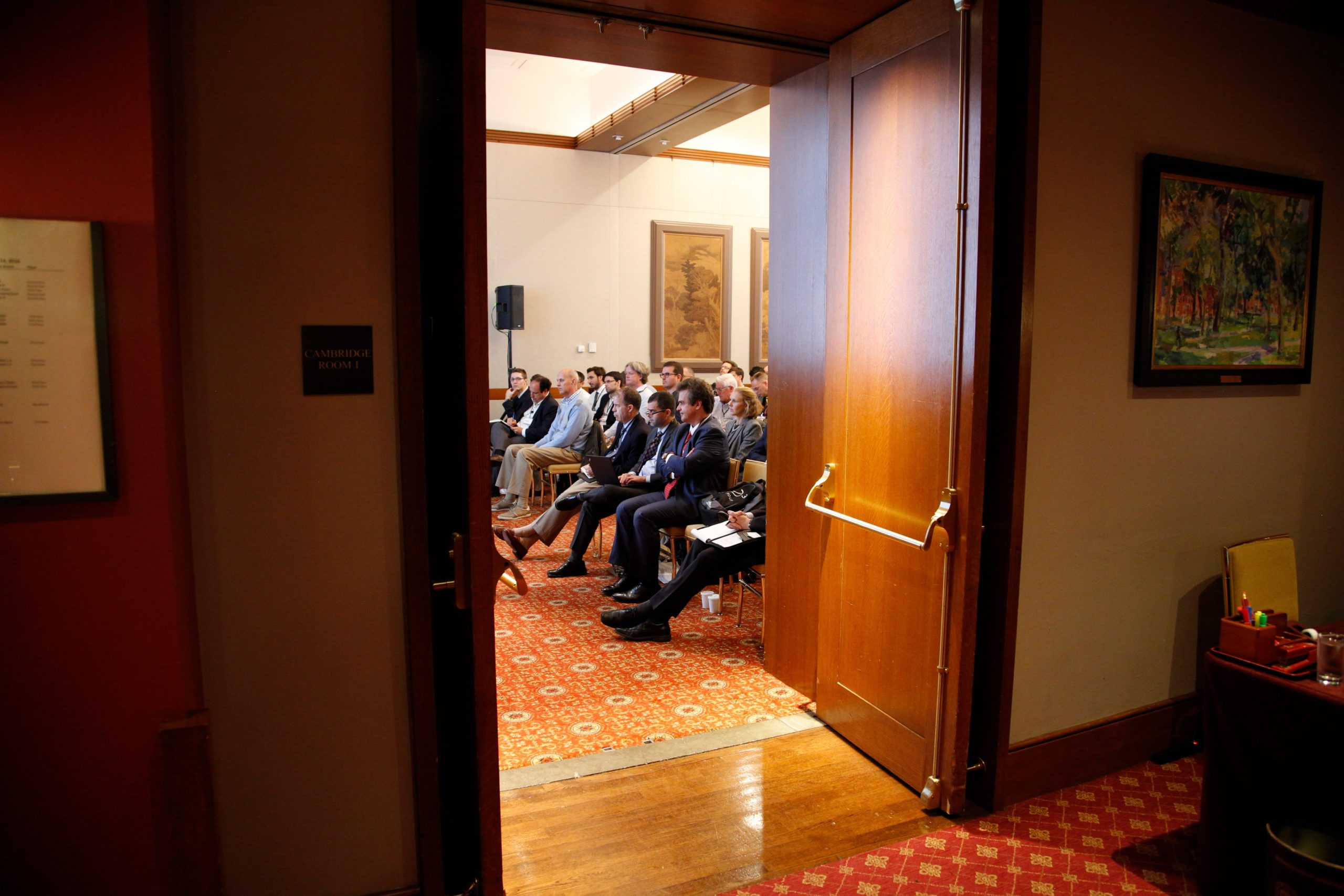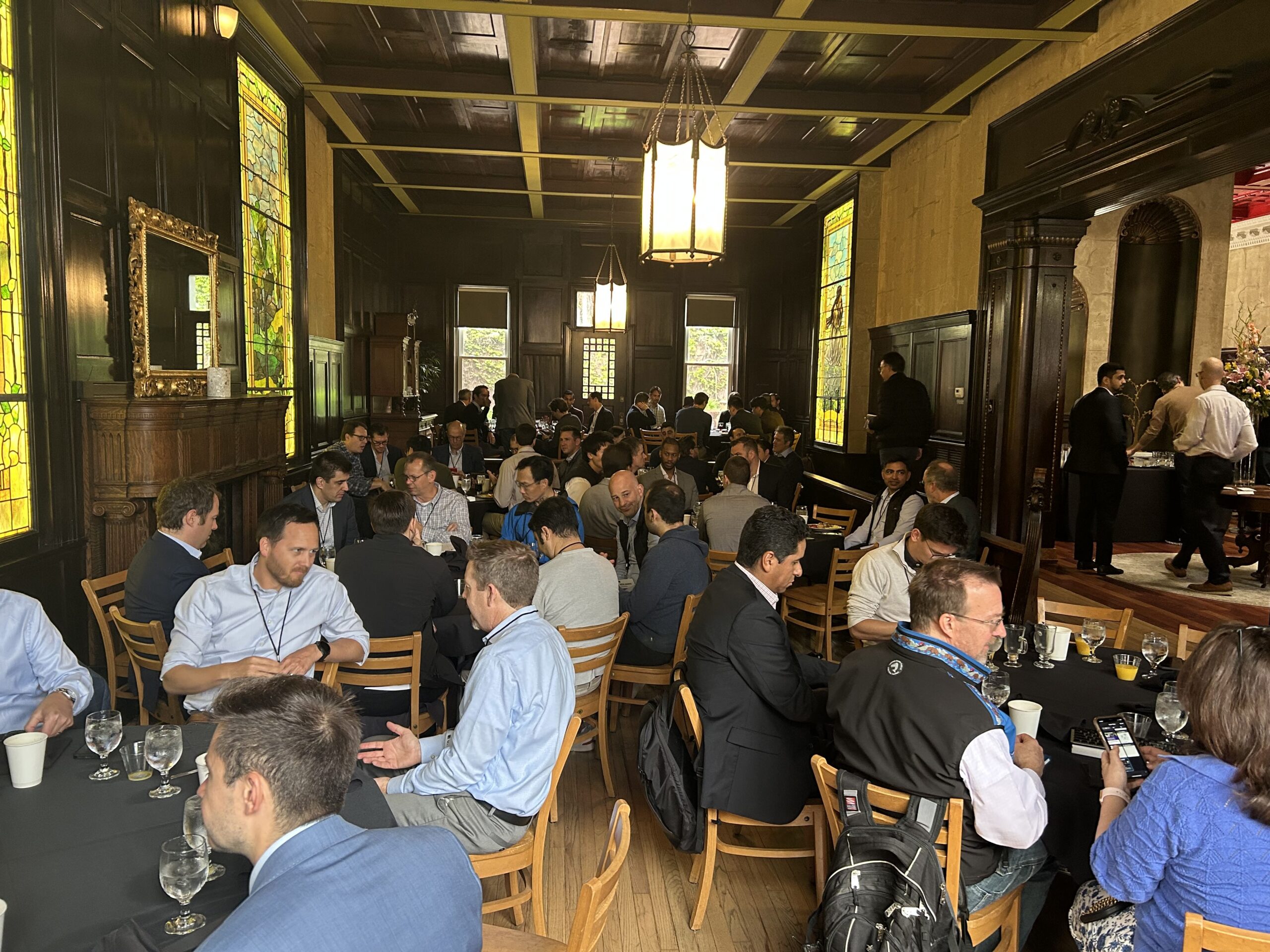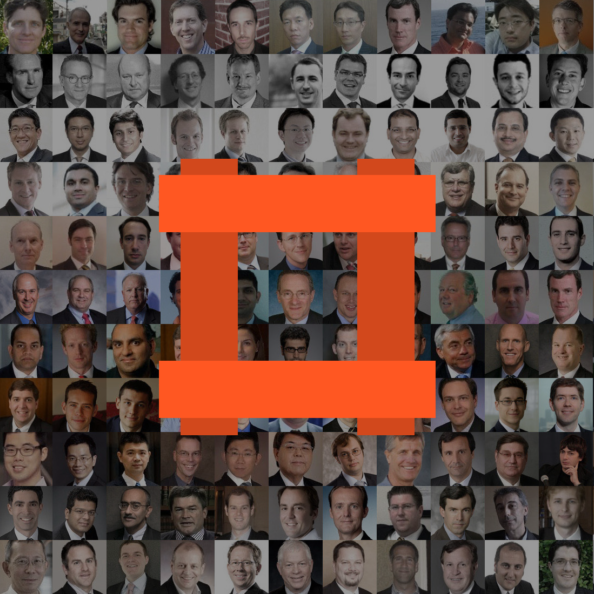Highly-regarded value investor Tom Russo, managing member of Gardner Russo & Gardner, joined the MOI Global community at the Latticework 2017 summit, held at the Yale Club of New York City in September. Having Tom was a great privilege, as he is among the finest minds when it comes to understanding the evolution of brand-based businesses in a global setting. We are pleased to share an edited transcript of the keynote Q&A session.
The following transcript has been edited for space and clarity.
Q: This has been an amazing day. I’m very grateful to be here.
I feel like Mr. Russo is someone who needs no introduction, but ever wary of extrapolating my own views too broadly, I’m going to give an introduction anyway. Thomas Russo joined Gardner Russo & Gardner LLC in 1989. He serves as Managing Member of Gardner Russo & Gardner and Semper Vic Partnerships, which oversees two global value, long-only equity investment partnerships, the first of which Mr. Russo founded in 1983. He oversees more than $12 billion distributed between Semper Vic Partnerships and separately managed accounts in parallel fashion.
Mr. Russo looks for companies with strong free cash flow characteristics, who produce high rates of return on their assets and have strong balance sheets. These have typically included branded food and beverage companies, tobacco companies, and advertising-supported media. In particular, he commits capital to leading global consumer products companies whose brands enjoy growing market shares in parts of the world undergoing economic growth and enjoying increasing political stability. Mr. Russo believes managements of family-controlled companies have the capacity when investments intended to build long-term wealth are ill-received by short-term-focused Wall Street analysts. Accordingly, he often invests in public companies where the founding families still retain control or significant investment exposure to reduce management agency costs and align owner interests. On a personal note, Tom has been an inspiration and a role model for me for as long as I can remember. So many people talk about being a long-term investor and so few do it.
A: I enjoyed the chance to hear the last speaker, and I was reminded that one of the early lessons I had for value investing was through Warren Buffett’s comments about Gillette. I wrote in an investor letter that in this Amazon-oriented world you have to be careful that assets don’t become liabilities. Gillette had won the razor war at some point. There was absolutely no way anybody could have dislodged Gillette from its franchise. Wilkinson tried, Schick tried. Unilever tried in partnership with Target; they may have spent $500 million doing a frontal campaign, but none of that could budge the market share success Gillette enjoyed.
The trouble was, Gillette, because they fell prey to the standard game on Wall Street — which is quarterly-earnings-driven, short-term-results-driven — they asked too much of the brand. They charged too much for the product. Somebody reminded me the other day that the price paid for the razors was so much they had to keep them locked up behind the checkout counter. If you’re trying to sell fast-moving consumer products, the goal isn’t to lock them up behind the checkout stand. The problem is they needed to get those prices to sustain reported earnings and give themselves a chance to have the options used for a compensation vest, and to retire rich. That whole model can be undone. In that case, the asset Gillette had was that they owned the traditional route to market.
Along came these kids from a fraternity and created a business called Harry’s, and then another guy came along and did Dollar Shave Club. The core value, the essence of that business is that it’s cool. It’s cool to get your razors on a regular basis from somebody who knocks on your door and drops them off. It’s such a different approach, and Gillette couldn’t respond to that whatsoever. They were trapped in the model that had served them so well for so long; but the game had changed and they missed the memo. They were waiting for people to go out and buy the blades in the locked cabinets. The management of Gillette was following the wrong model, which was trying to extract as much from their business as possible. The world I operate in is in businesses like Gillette — I look for companies that have great franchises, but I hopefully find the ones that are a bit more sensitive to the consumer.
The other example is General Mills, which has over the years been a company that’s perfected the art of delivering steady quarterly earnings exactly to the plans Wall Street has for them. Some years back their plan was they were going to earn a certain amount per share, and one of the businesses inside the company was called Yoplait Yogurt. Yoplait had the distinction of having won the yogurt war in North America, and they were earning something like $350 million a year. If you add that to the rest of the operations and divide by X, you get $5.12 in earnings per share. That’s what they were expected to earn and, gosh darn it, that’s what they were going to earn.
During the middle of the year, they heard about a yogurt startup in upstate New York; a Turkish guy had started in an old Kraft factory. He was going to make something they hadn’t explored, it was called “Greek yogurt”, by a Turkish guy — a bit odd. They went and saw the business, a fledgling startup. For about $10 million they could have gone after the niche and they would have had a running start on the brand. If it had worked, they would have been able to immediately squelch the Turkish Greek yogurt maker. Instead, they went home and said to their superiors it was fine, “you’ll make the numbers; we won’t spend the money”. Fast-forward to today, Chobani is the Greek yogurt. General Mills never should have avoided confronting it at the start. Chobani should have been put out of business within the first year by aggressive tactics. It wasn’t, in some ways, for the same reason Gillette leaned too heavily on its core business for profits. They should have redeployed capital in ways to continue to delight the customers.
Both of those examples express the thing you have to avoid the most, which is that managements respond too much to Wall Street’s short-term quarterly earnings pressure and, increasingly, to activist pressure on public companies. By contrast, in our portfolio we celebrate businesses that tend to invest more and report less upfront than they ought to or could, but they do so in pursuit of long-term investment returns and increasing wealth over time. They’re allowed to do it largely because they have the ability to reinvest. The consumer brands we own tend to be internationally-based, they tend to have a strong presence in developing and emerging markets. The population there is vastly underserved and they have a long runway, a lot of “white space” into which to invest their mature-market cash flows. By deploying mature-market cash flows into developing markets, they guarantee upfront losses because the early return from investment spending is bad.
That’s what Chobani forced General Mills to think about. General Mills is a global partner with Nestlé around the world in cereal. They’ve adopted Nestlé’s approach for cereal, which is more long-term-minded. They blew it with Chobani because of their short-termism. We do the opposite. We look for businesses that overspend upfront to develop more competitive advantage for later on. The one difference across the portfolios is most of our companies are family-controlled, and if the families say they’re prepared to back a business for the future, three generations out, that is probably going to be consistent with our time horizon. It’s unusual, but that’s how we do it. It’s an expression that came about through early meetings with Buffett at Stanford Business School in the early 1980s when he said, “The critical thing to remember as investors is there’s only one thing the government gives you — the tax deferral of unrealized gains. You should invest your money in a way that allows you to take advantage of that.”
That means you find things that reinvest and you don’t sell. It’s become vastly harder because all of the businesses we own have had impregnable moats and all those moats are filling in and getting narrower and shallower and they face the same fights the consumer products industry generally faces, which is a lot of upstart and fast moving Dollar-Shave-Club-like assaults to their franchises. The only difference we’ve enjoyed is we’ve been more international than many investors in this room and that’s given our company’s outlets away from the mature markets in the US where the competitive activity is so strong and the businesses have adopted a longer-term mindset. I oversee mainly funds on behalf of taxable investors and so they’re aligned with us, that if we can find things to compound deferred tax — we’re better off than trading around the portfolio.
Q: Excellent. In your recent interview on the Latticework podcast, you talked specifically about three ways in which the environment is changing. Amazon is steering demand by managing availabilities and through suggestion, people are being able to find new products and brands in ways they never have before through services like YouTube and, finally, generally diminishing brand loyalties. I was hoping we could pick up where you left off in that discussion and talk about…
A: Those are bad enough.
Q: Talk about the specific ways you’re seeing your portfolio companies respond to the new environment. You broke it down in terms of product innovation and communication.
Members, log in below to access the restricted content.
Not a member?
Thank you for your interest. Please note that MOI Global is closed to new members at this time. If you would like to join the waiting list, complete the following form:


